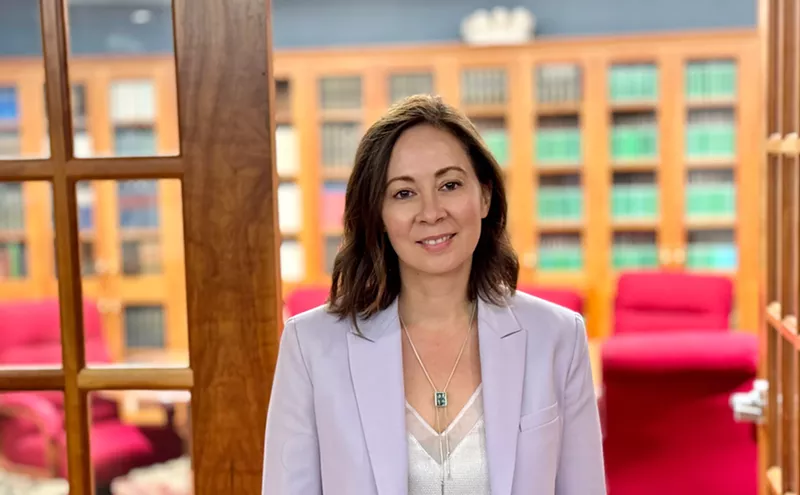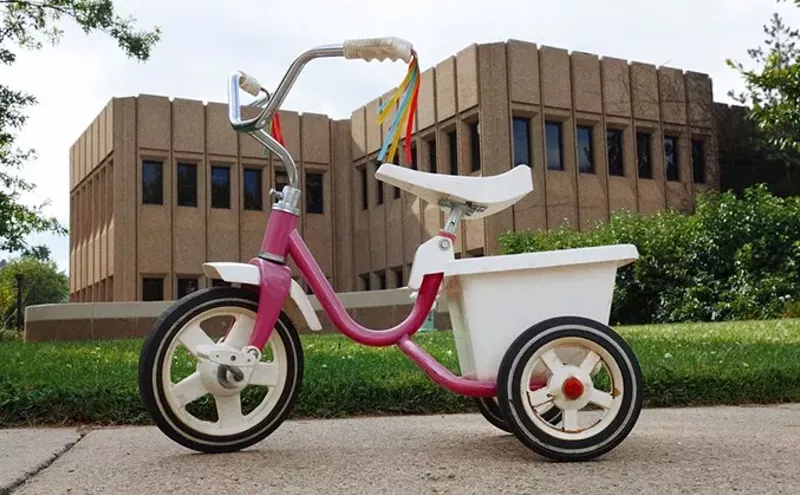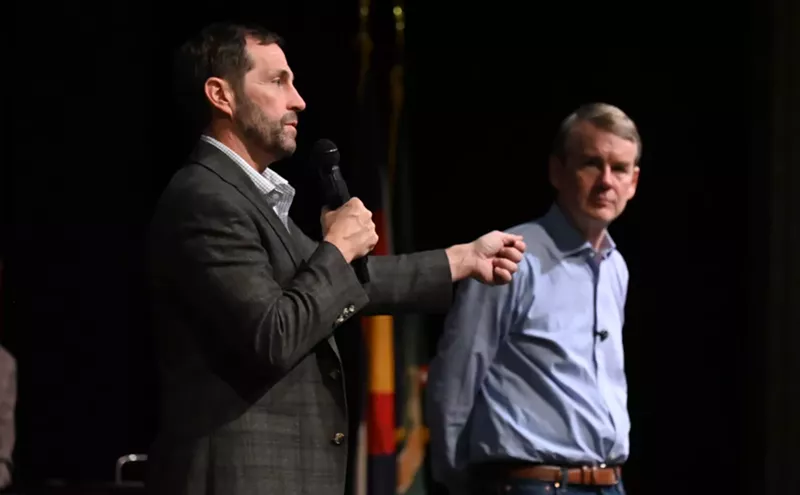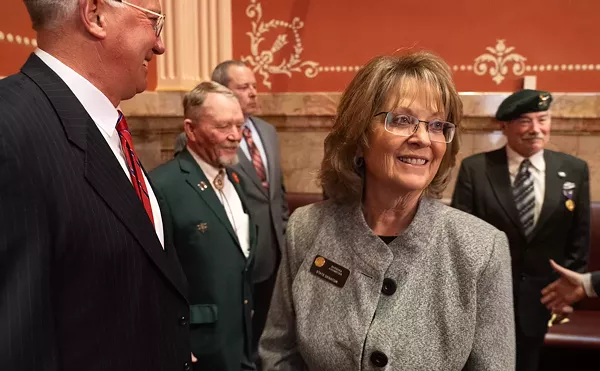Anarchism stands for a social order based on the free grouping of individuals for the purpose of producing real social wealth; an order that will guarantee to every human being free access to the earth and full enjoyment of the necessities of life, according to individual desires, tastes, and inclinations.
— Emma Goldman, Anarchism and Other Essays
"I want to see the whole system that props up the IRS fall," says Dave Shapiro-Strano, co-founder of Denver Anarchist Black Cross. "But I am part of a worker collective where we pay our sales taxes and we file yearly tax reports. You have to pick and choose your battles, and my battles go further than not paying my taxes."
Compared to others in these communities, Shapiro-Strano expresses the most extreme distaste for governmental authority and capitalism, and has the most radical ideas for bringing down the system and forming an anarchist utopia. But he also wears a tie. He owns a van, has a wife and three kids, and runs a business. On the surface, his day-to-day lifestyle is not that different from that of your average American. Yet nothing would bring him greater pleasure than to see the system he is a part of crumble into a distant memory.
"I've never believed you can live as an anarchist inside a capitalist society," he explains. "Anarchism, to me, seeks to destroy capitalism and the state — and doesn't really exist until those two things are gone. If you're a communist living in the United States, you're not participating in communism, so it's weird to me that people ask how I participate in anarchism. To me, the goal is to build a revolutionary struggle that can see anarchism as an alternative to the current world that we live in. But I'm not really into counterculture or alternative lifestyles."
Formed in 1900 to aid political prisoners in czarist Russia, the Anarchist Black Cross has continued as an international organization with branches around the world. In addition to organizing protests, media campaigns and legal defense for those it feels have been wrongly imprisoned (and since anarchists don't believe in prisons, that list is fairly large), Denver's ABC also provides community services like child care and economic relief. It's also been investigated by the FBI.
"The thing that makes Anarchist Black Cross different from other forms of philanthropy is that we are supporting people that are — or at least [are] accused of being — terrorists. These are people who have been classified as enemies of the state," Shapiro-Strano says. "Some projects are an easier sell; I think most people would agree that feeding poor people is a good thing. I don't know if you can make the same case for supporting a bank robber or an accused cop killer."
But ABC isn't simply performing these tasks for other people; it wants to teach people how to help themselves. "We're not here to provide charity to prisoners; we're here to provide a mutual relationship with prisoners," Strano says. "We want to avoid paternalism; we're not a church or the Red Cross. The difference between anarchist-organized projects and other forms of philanthropy is that we are looking for leadership from the folks who are most affected by the problem — not fix it for them."
This teach-to-fish-as-opposed-to-give-a-fish philosophy is at the heart of many alternative communities. While their politics may vary, they are unified in the idea that it is better to have the skills to educate yourself, fix your bike or provide your own legal defense than pay someone else to do it for you.
"I used to be one of those kids that was like, 'You're not buying fair-trade coffee. How could you?!' Or, 'What do you mean you're not dumpstering all of your food?' But now that I'm getting older and I'm raising children, I'm trying to be more pragmatic about it," Strano says. "I wholly respect people who live that way; I just don't see it as bringing about the revolution. It comes through building communities of resistance. Though if for some people that means having chickens in your back yard, only riding a bike and dumpstering food, then that's awesome. All of those tactics are a part of liberating yourself."












